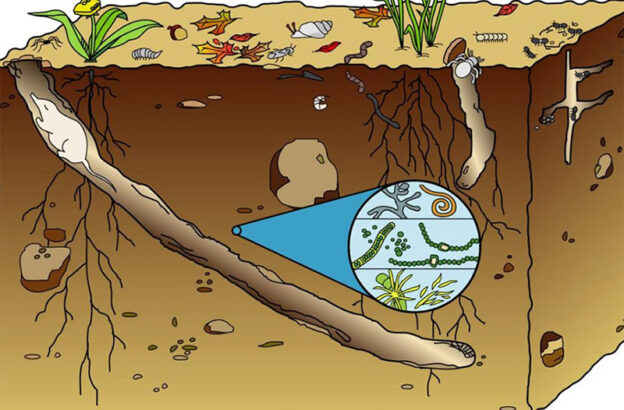LESSON 7
7.1 DIGESTION IN THE STOMACH
Most of the digestion in the stomach is chemical. Food is allowed into the stomach from the oesophagus by a ring of muscle called the Cardiac Sphincter.
In the stomach, there is only protein digestion.
Gastric juice is secreted and it contains two enzymes, (pepsin and renin), hydrochloric acid, mucus and water.
Pepsin acts upon proteins/ breaking them down into polypeptides.
Pepsin is initially secreted in an inactive form called Pepsinogen which is activated into active pepsin by hydrochloric acid. This is the safe guard mechanism because if pepsin was stored in its active form, it would destroy the gut walls or stomach walls since they are protein in nature (self-digestion).
Pepsin works at low PH i.e. acidic conditions provided by the presence of Hydrochloric acid (HCl).
Renin coagulates milk. (Makes it insoluble) i.e. it converts the soluble milk protein caseinogen to an insoluble curd, casein which is then acted upon by pepsin breaking it down to polypeptide.
Rennin is an important enzyme especially in young mammals since they feed on milk.

7.2 Functions of HCl in the stomach
- It kills some bacteria in ingested food.
- It activates pepsin and renin and provides ideal medium for their activity. iii) It stops the action of salivary amylase and ensures protein digestion only.
- It prevents fermentation of food in the stomach by bacteria.
Mucus:
Mucus forms a barrier between stomach walls and Gastric juice thus protecting the stomach walls from the action of hydrochloric acid (which can give rise to stomach ulcers due to its corrosive action) and also stops the action of pepsin which can digest the stomach walls also giving rise to ulcers.
7.3 DIGESTION IN THE DUODENUM
The chime from the stomach enters the duodenum in small quantities at a time regulated by the pyloric sphincter. There are access organs which provide secretions. They secret bile from the gall bladder and pancreatic juice from the pancrease.
The arrival of food in the duodenum stimulates the production of a hormone called secretin from the pancrease and another hormone called cholecystokinin which stimulates secretion of bile from the gall bladder. The secretions are alkaline thus stopping the action of pepsin and provides an ideal medium for enzymes in pancreatic juice to work. Pancreatic juice contains a number of enzymes which are called the pancreatic enzymes.

Trypsin is also secreted in an inactive form, trypsinogen to prevent it from digesting the duodenum walls.
Both trypsin and pancreatic amylase act upon proteins and starch that were not broken down in the stomach and mouth respectively.

